Roundtable: A conversation on mobile pastoralism in Kenya, Mongolia and Portugal
Pastoralism and free-grazing animal production occurs across the globe. In this round-table we will be debating differences and similarities in pastoralism in Mongolia, Kenya and Portugal with Maasai Mara shepherds and specialists on pastoralism in Mongolia and Portugal. Participants and moderators wil be:
Batbuyan Batjav is a social-economic geographer who has worked on nomadic pastoral issues in Mongolia for two decades. A former Director of the Mongolian Institute of Geography, he has been a Visiting Scholar at the University of Oxford, Colorado State University, University of Arizona and Cambridge University. He is dedicated to strengthening pastoralism as a viable contemporary livelihood.
Stanley ole Neboo is a livestock keeper in the Maasai Mara, Narok County, Kenya. Stanley studied business management, tourism, and conservation. He currently works as a freelance safari guide and is the Chairman of the Talek River User Association (Talek WRUA). He is one of the filmmakers in the award-winning participatory documentary “Maasai Voices on Climate Change (and other changes, too)”.
Lenaai ole Mowuo is a Loita Maasai from Kenya, and belongs to the Ilmeshuki age-group and the Ilaiser clan. He keeps cattle, sheep, goats and bees; grows beans, maize and potatoes. Lenaai has worked as a research assistant and a co-researcher in several research projects since 2007, and features in the film All Eyez on Me! (2021).
Richard ole Supeet is a Kisonko Maasai pastoralist living in Loitokitok, Isinet, Kajiado County, Kenya. He is from the Ilaiserr clan, Iloodokishu subclan. He is of the IIkidotu age-set, and also farms. By profession, he is a teacher. He owns a local private school through which he aims to lift the standard of education in his community. Richard is also an experienced research assistant who has worked on multiple research projects. Richard and Joana Roque de Pinho worked closely together from 2000 to 2004, and again in 2009 when he took part in the documentary “Through our eyes: a Maasai photograhic journey” (2010) by Lindsay Simpson & Joana Roque de Pinho
Júlio Sá Rêgo is an economist (BSc, MSc) and anthropologist (Ph.D.) whose research specialises in pastoralism and landscape stewardship, advocating for the role of local knowledge in addressing global sustainability challenges. Committed to translating knowledge into action to drive social transformation, he serves as the Chief Executive Officer of RHE Initiative, a Portuguese startup dedicated to enhancing the value of rural territories through heritage safeguarding and landscape conservation. Júlio is a researcher at CRIA–Centro em Rede de Investigação em Antropologia and an accredited facilitator of the UNESCO 2003 Convention.
Organized and moderated by:
Joana Roque de Pinho is an ecologist and environmental anthropologist whose research focuses on changing West and East African sub-humid and dryland social-ecological systems; and how members of rural natural-resource reliant communities experience and understand environmental changes. She is most passionate about collaborating directly with rural community members as collaborative researchers/visual ethnographers through participatory visual research methodologies. Her current research project explores intersections of religious and environmental changes in Asian and African dryland pastoral systems.
Miguel Bugalho is the Scientific Coordinator of the Centre for Applied Ecology Prof. Baeta Neves (CEABN), and Associate Professor of Forest and Wildlife Ecology and Conservation at the School of Agriculture (ISA), University of Lisbon. For his research, he is interested in knowing how different herbivores, namely wild and domesticated ruminants, use plant resources and how plant communities and ecosystems, namely forest and grassland ecosystems, respond to these animals. His research also addresses the forest management and the conservation of biodiversity and ecosystem services.
Troy Sternberg Extensive travel led to Troy’s interest in desert regions, environments and people. Research focuses on extreme climate hazards (drought, dzud), environments (water, steppe vegetation, desertification) and social dynamics (pastoralists, social-environmental interaction, religion and environmental change, mining and communities).



